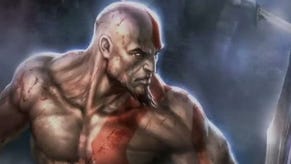God of War III: demo vs. review code
You ain't seen nothing yet.
Back in 2005, Sony Santa Monica redefined the technical limitations of an entire console generation with the epic God of War. Five years later, the team has done it again with its debut PS3 outing. God of War III is magnificent.
But you've played the game already, right? Last year's E3 demo received a limited release in Europe before the code was circulated widely with the US release of the God of War Collection, and the sampler was recently made available as a general release on PlayStation Network.
Checking out the final God of War III review code, it is obvious that while impressive, the demo is simply not fully representative of the finished game. Understandably, extensive amounts of content didn't make it into the sampler, but more than that a range of visual effects have been added and performance has been improved considerably.
For the sake of not spoiling the game, we won't cover the additional content (cool though it is!), but a comparison of effects and performance offers an intriguing window into just how much the Sony Santa Monica tech team squeezed out of the hardware in the final months of God of War III's development.
Perhaps the most obvious change to the game is an extensive retooling of the lighting scheme, which for the most part is now much richer and more realistic. Dark areas of the demo level now seem to more accurately represent the effect of the ambient light on the environment.
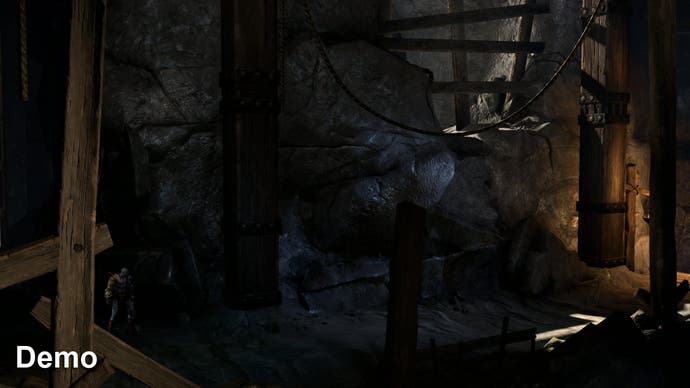
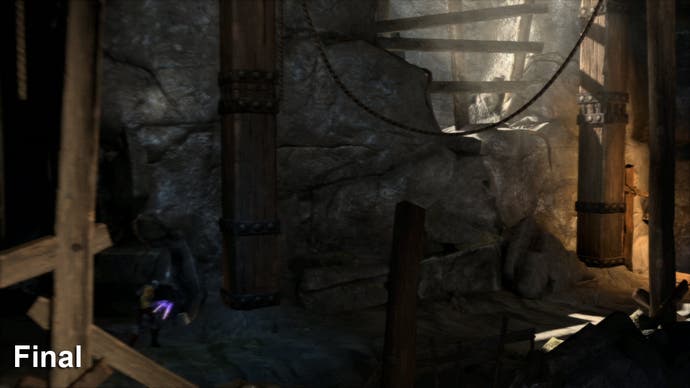
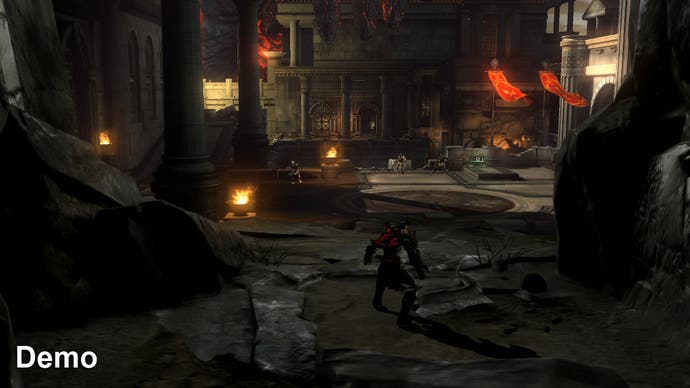
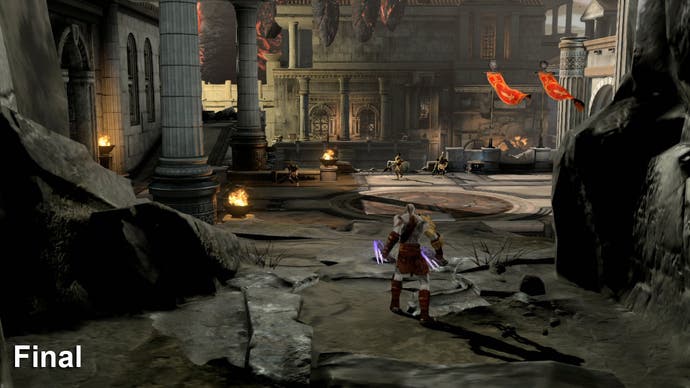
A realistic, per-object motion blur has also been added to the game. This has the effect of giving the game more realism in motion, but does have the unintended side effect of not looking so clean in screenshots.
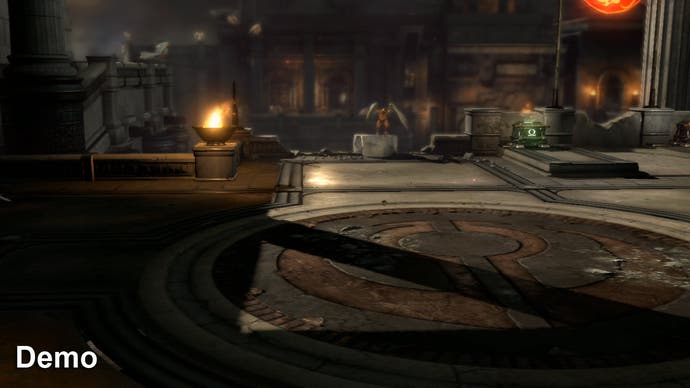
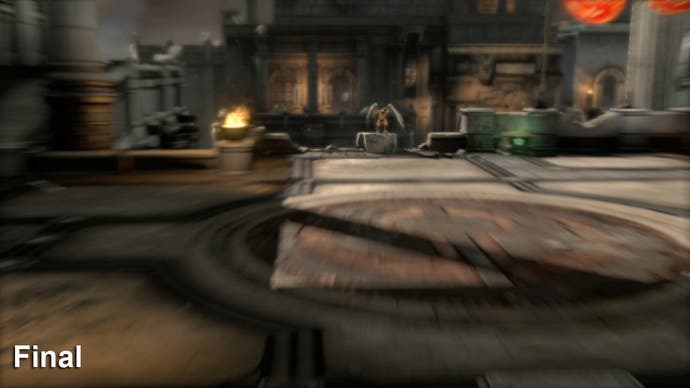
It's interesting to note that the Sony Santa Monica team has made a number of graphical improvements across the board, some very noticeable, others subtle. The changes on the Titan are immediately apparent, with an obvious level of increased detail in the skin texture.
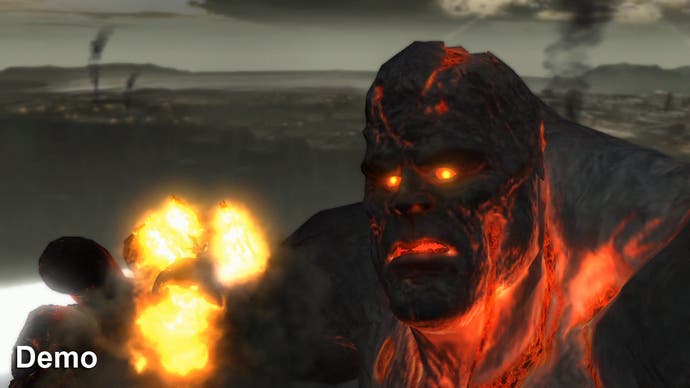
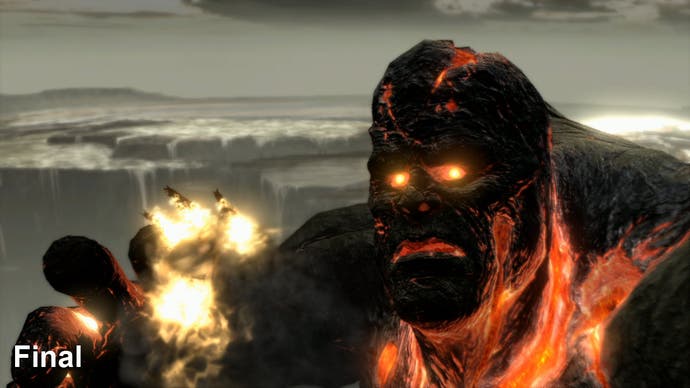
Smaller tweaks to the level are also apparent. In this brace of shots, we can see that the team has added additional shadow effects that were not present in the demo.
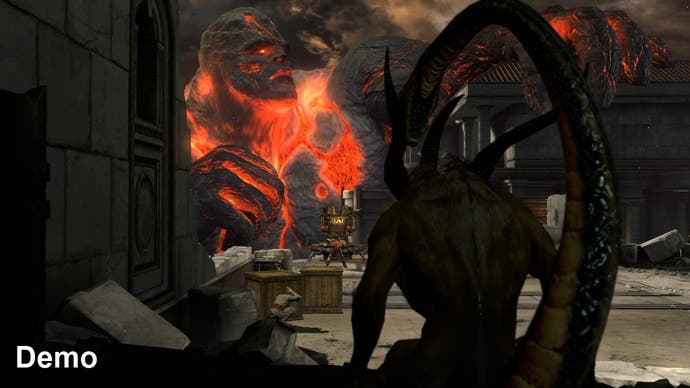
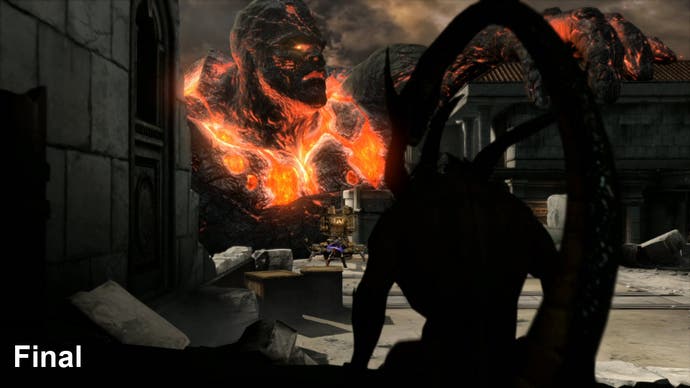
The fire effect on Helios's circling chariot now looks much more detailed, and you can also see how the main light source that influences the environment has been changed between the demo and retail versions of the game.
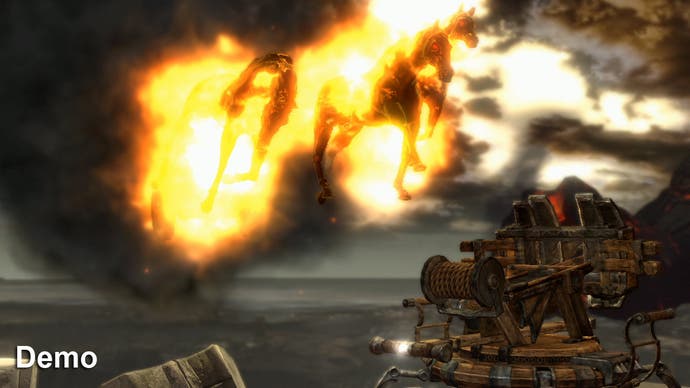
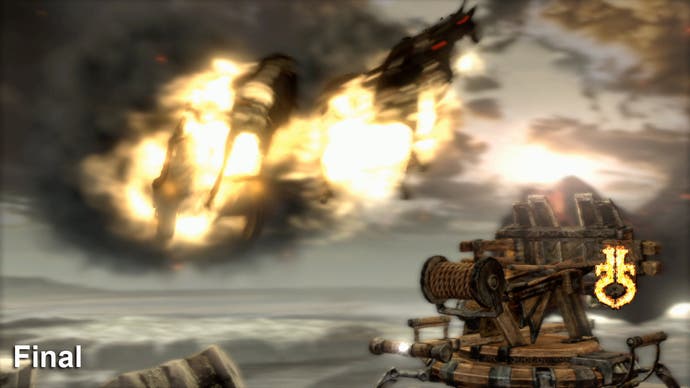
It's also interesting to note that Helios himself now looks subtly different compared to his debut in the demo. There's dither on his hair in the demo that is much reduced in the final version. Could it be an effect of God of War III's new anti-aliasing technique? According to posts on the internet by Sony Santa Monica itself, God of War III is using an implementation of morphological anti-aliasing, carried out by the SPUs. This achieves superior edge-smoothing, and is another example of how offloading tasks typically done on the graphics chip can result in both performance and quality increases.
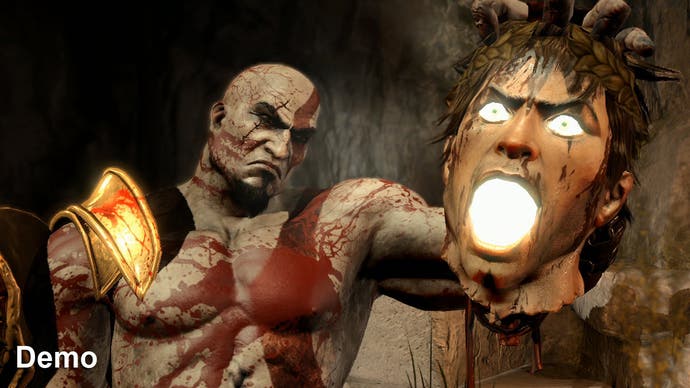
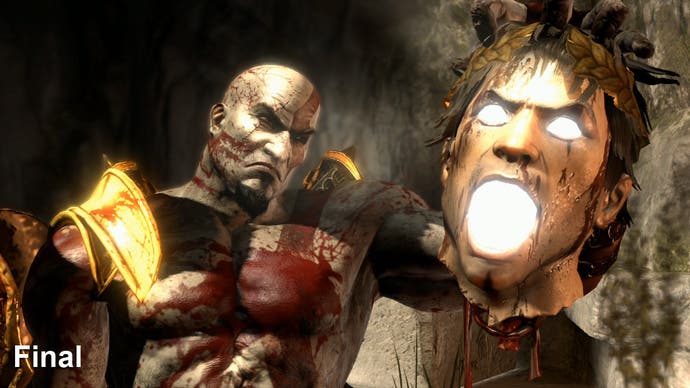
Bearing in mind just how much of a visual upgrade the game has had, it's impressive that the improvements do not restrict themselves simply to visual quality. Sony Santa Monica has achieved all of this while creating a faster, smoother game. In this video we have several different clips taken from a playthrough of the God of War III demo. These have then been matched with action taken from the same areas in the review copy of the game.
The conclusions from the video are enlightening: the video above shows a significant improvement in frame-rate in like-for-like scenes. In our analysis of the E3 demo, we were curious about why the game ran with an unlocked frame-rate when in the thick of the action, frame-rates were around the 30FPS area anyway. Looking at the final game, the performance increase speaks for itself, and while there is still noticeable judder incurred by the variable frame-rate, the effect is mitigated somewhat by the quality of the motion blur.
We'll have more on God of War III soon.









